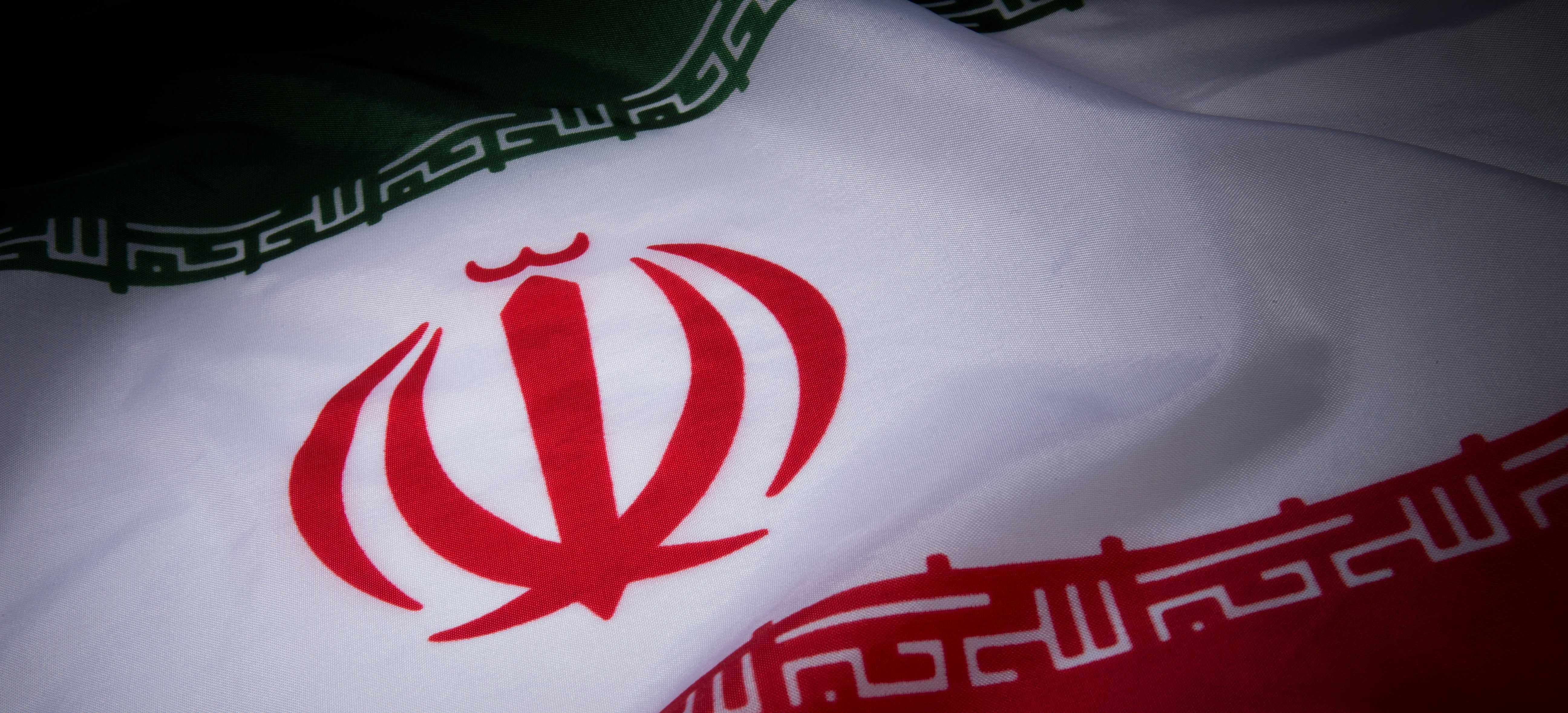Iran is eying to curb cryptocurrency mining in the country by lifting electricity subsidies for miners.
The Iranian government spends around $1 billion every year to provide subsidies to household electricity. With this, citizens only have to pay a fraction of the real electricity cost - around $0.01 per kilowatt-hour of usage.
According to a June 9 report by The Financial Tribune, the country’s energy minister Homayoun Haeri recently proposed the prospect. However, how the government is planning to identify the small-scale crypto miners is still unclear.
Iran is one of the hostile countries towards the crypto economy. The country’s government banned both mining and trading of digital coins; however, due to its plummeting fiat, many citizens are indulged into crypto mining.
Last year, Tehran-based Blockchain startup Areatak revealed that the company is attracting the attention of investors based in Spain, Ukraine, Armenia, and France as many visited its crypto mining farms in Iran. The company even inked a deal with a Spanish investor to set up a new mining farm in Iran.
Chinese crackdown boasting other regions
China has long been the leader in crypto mining. It's cheap hydro-generated electricity prices has encouraged many mining companies to set up farms in the country. Though the Chinese government banned Initial Coin Offering (ICO) ) and crypto trading in late 2017, it tolerated the growing crypto mining industry in the country.
However, the authorities are slowly trying to curb this crypto-related industry as well. Last month, Finance Magnates reported that the Chiese authorities had initiated a probe against crypto mining firms operating in the Sichuan province without proper approvals.
The Sichuan province provides very cheap electricity in the rainy season, and dozens of crypto miners set up firms in the region to gain profits from the low electricity cost. Some reports even stated that 70 percent of the total Chinese hash power was generated from this region alone.

















